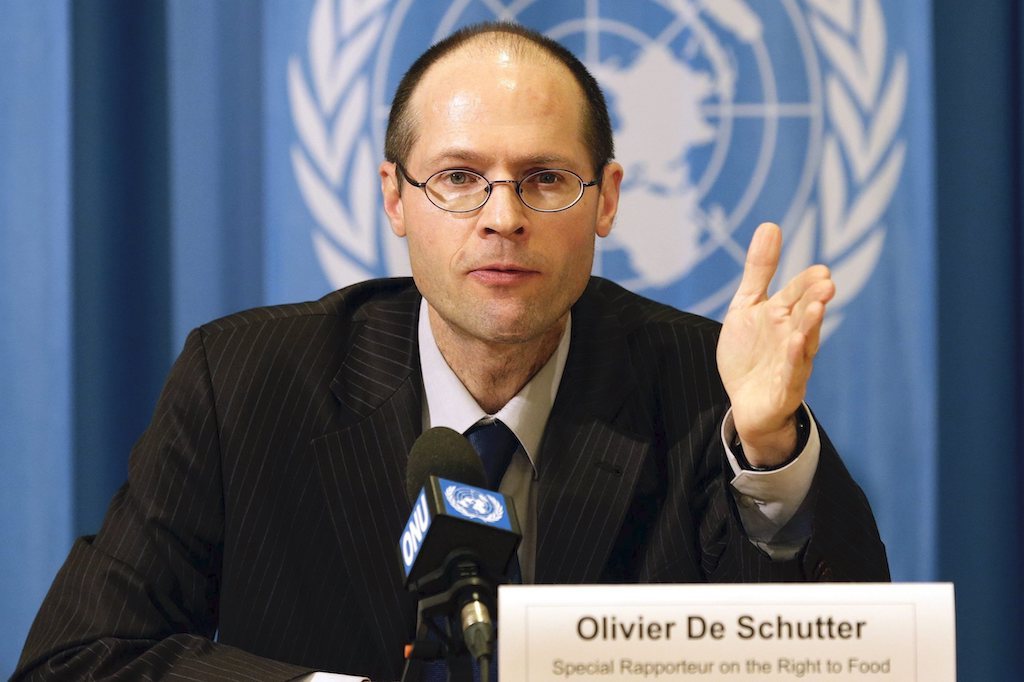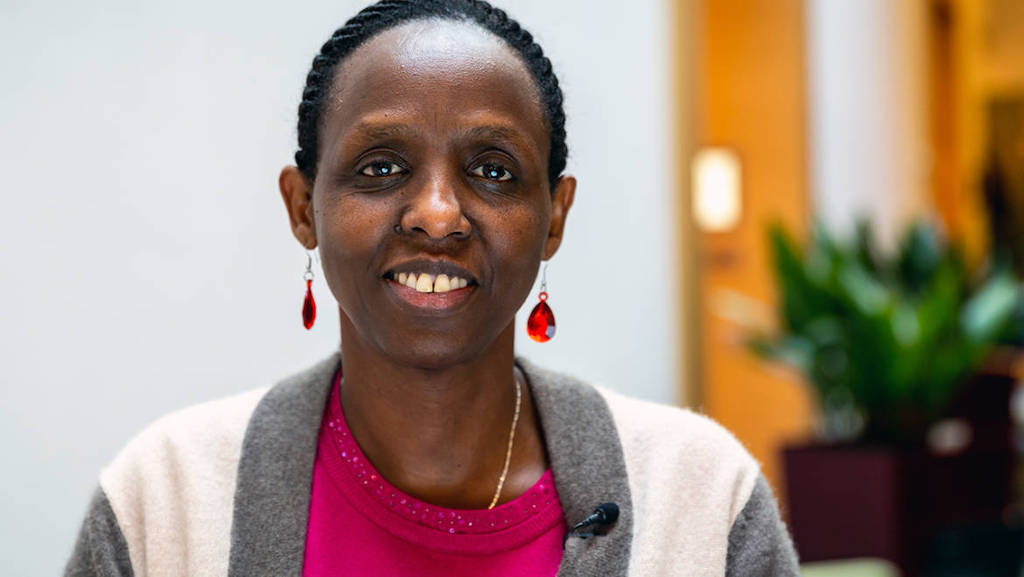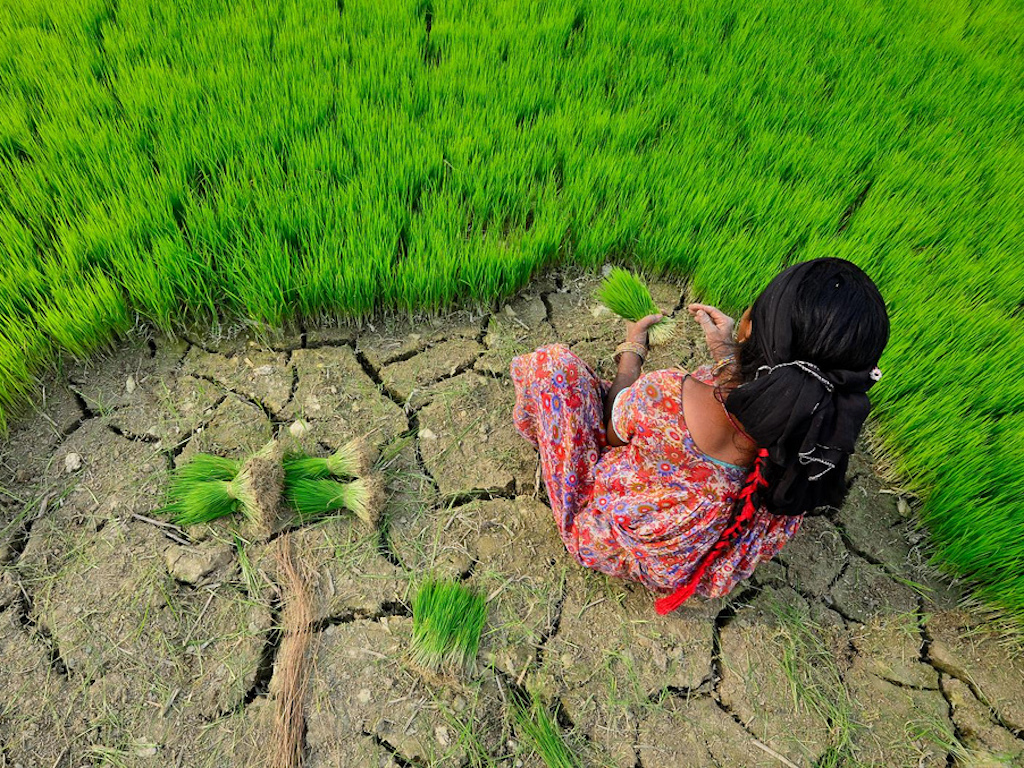3 Mins Read
A global summit on food security may be dominated by big businesses at the expense of grassroots movements and smallholder farmers’ interests, according to the United Nations’ former food expert Olivier De Schutter. The accusation has been sparked by the appointment of former Rwandan agriculture minister Agnes Kalibata to lead the event, despite her links with the agro-industry.
The former UN special rapporteur on the right to food Olivier De Schutter says that the decision for Agnes Kalibata to lead the UN food systems summit will risk prioritising big businesses and will threaten the credibility of the gathering to bring about necessary sustainable change. The key summit on food security is due to take place in 2021 and is a crucial step to make the global agriculture system more sustainable and climate-resilient.
“There is a big risk that the summit will be captured by corporate actors who see it as an opportunity to promote their own solutions,” said De Shutter.

Kalibata has been linked to a number of agro-industry businesses, especially in her role as the president of the Alliance for a Green Revolution in Africa (AGRA), which has been accused of promoting damaging practices against smallholder farmers.
Created in 2006 as an Africa-led institution, it has been funded over the years by a number of government agencies from the United Kingdom, Canada and the United States. Critics of the organisation say that it has worked to further open up African markets to corporate monopolies that control commercial seeds, genetically modified crops and fossil fuel-heavy synthetic fertilisers and pesticides that leach contaminants into soil and waterways.
A number of other food security groups have protested against the appointment of Kalibata. In February, 179 organisations from 83 countries signed a joint letter to the UN Secretary-General António Guterres, who appointed her to serve as his envoy to the summit. It said that her appointment represents a “deliberate attempt to silence the farms of the world.”

With 820 million people currently living in hunger and an escalating climate crisis, the need for significant global action to fix the broken food system is urgent. Experts and signatories to the letter expressed that the involvement of Agra would likely “result in another forum that advances the interests of agribusiness at the expense of farmers and the planet.”
Especially in Asia, a region lagging behind on progress on the Global Goals, and is acutely vulnerable to the dangers of food insecurity given its ballooning population and growing climate threats, more must be done to clamp down on corporate farming interests.
In addition to placing burdens on the environment, agribusinesses are also associated with damaging social impacts. Monsanto, for instance, famously forced farmers in India to adopt a strain of Bt Cotton in the 1990s, which led to economic losses and unleashed a spate of farmer suicides that the community is now fighting back with their own native seeds.
Lead image courtesy of Neil Palmer / Flickr.




